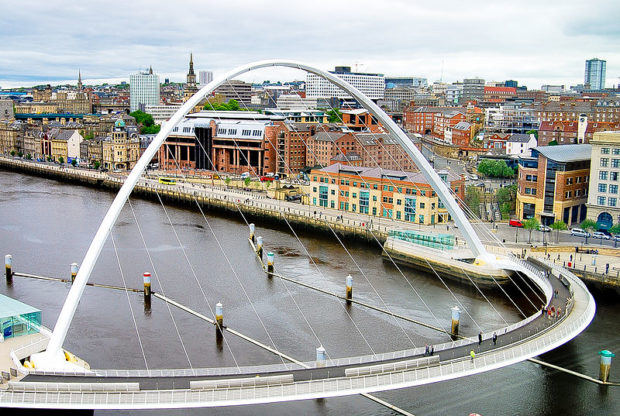You have no items in your cart. Want to get some nice things?
Go shopping
I’m too big for the seat. The flight attendant nods and drops the extension in my lap. I snap it into place. My elbow cramps the Englishman’s. I have an aisle seat in the exit row. I can sprawl out. I write verse to feel better, but my hand quivers and lines fall off the page, marking the denim of my pants leg. The blast, the interminable hum and rumble, the endless thrust upward.
Six months before I return, I said to Mom and rolled out the suitcases, the tiny wheels clinking on the wooden porch, six months. Then I’ll visit.
You’re the first to leave, she told me, and she always knew I would because she knows my blood. She remembers her father whom she didn’t visit until he was a headstone.
Dad hugged me at the terminal, let go before he felt too much, said he’d see me soon, that he was proud. A PhD, after all, he said, what better excuse to catapult yourself anywhere?
They were frail. Seven bypasses and six stents between them, and all I could say was six months.
I’d boarded the plane, I was sure. My body was here, sipping coke from the micro can, fingering pretzels out of a plastic sack, but I sat gazing out at the plane from the terminal, too, sending my final texts to friends, walking backwards through security, taking off my shoes, sliding them back on at the other side of the mechanical mouth, forcing everyone behind me to walk backwards, too, flashing my passport, bottlenecking into the terminal, hugging Dad again, gathering my suitcases, loading up the Ford Explorer and riding in reverse, home.
“Would you like for me to take that?” The flight attendant peers down at me.
I hand her the coke can and pretzel bag.
The force is like a decade of running away catching up with me. Too many false starts, I think, and then I recite some cliché about the journey in and of itself and lean up, peering out the window at the end of the row. Nothing but the clouds, phantasmal, and passages of night between. Metaphors are endless when you’re on a plane. The woman in the seat next to the window sleeps, her head against the cabin wall. The Englishman grunts and I lean back.
My brothers had little to say. Matthew punched my arm, said we were going to make a kick-ass film when I got back, told me take photographs, said he wished he were me so he could get hammered English style.
On the ride to the airport, John asked me about British currency, what it looked like, the conversion rates, and if there were hot chicks in Newcastle.
I undo the safety belt and wrestle myself out of the seat. Maybe at 33 it’s too late, I think, shutting the door of the closet-sized bathroom, bracing myself as the plane shakes me about.
Was this courage or stupidity? I’d left a permanent job, not one I loved, but one I could tolerate, one that paid well, and had taken out my retirement. Was I still buying into some naïve mythos of the artist, the more I risk, the greater the return? I’m returning in six months. That’s not too long before my next visit.
I squeeze back into the seat, startling the Englishman. He glances sidelong as I snap the belt back into place.
In six months returning will be a word reserved for England, not Georgia. When I’m back in the states, I’ll miss the spaces I inhabit in my foreign world, familiar street names my parents will never utter, the pulse of the metro my parents will never ride, the lights of Grainger street under which my parents will never walk.
I pull the monitor up from the side of the seat and watch the digital image of the plane hovering over the Atlantic.
The space between where I was and where I’m going looks so small on the screen, so much smaller than the geography of loss charted by the latitude and longitude of the heart.



